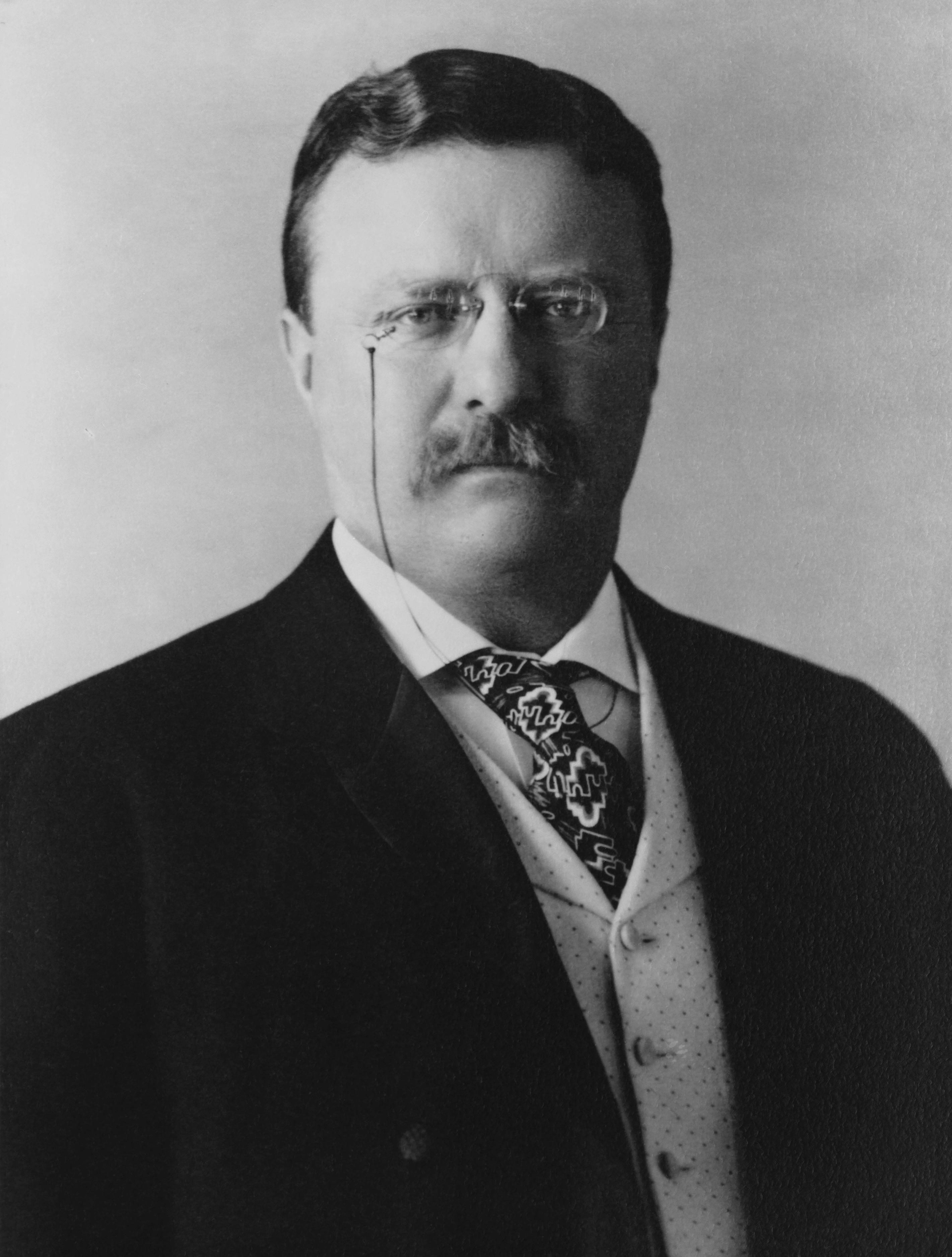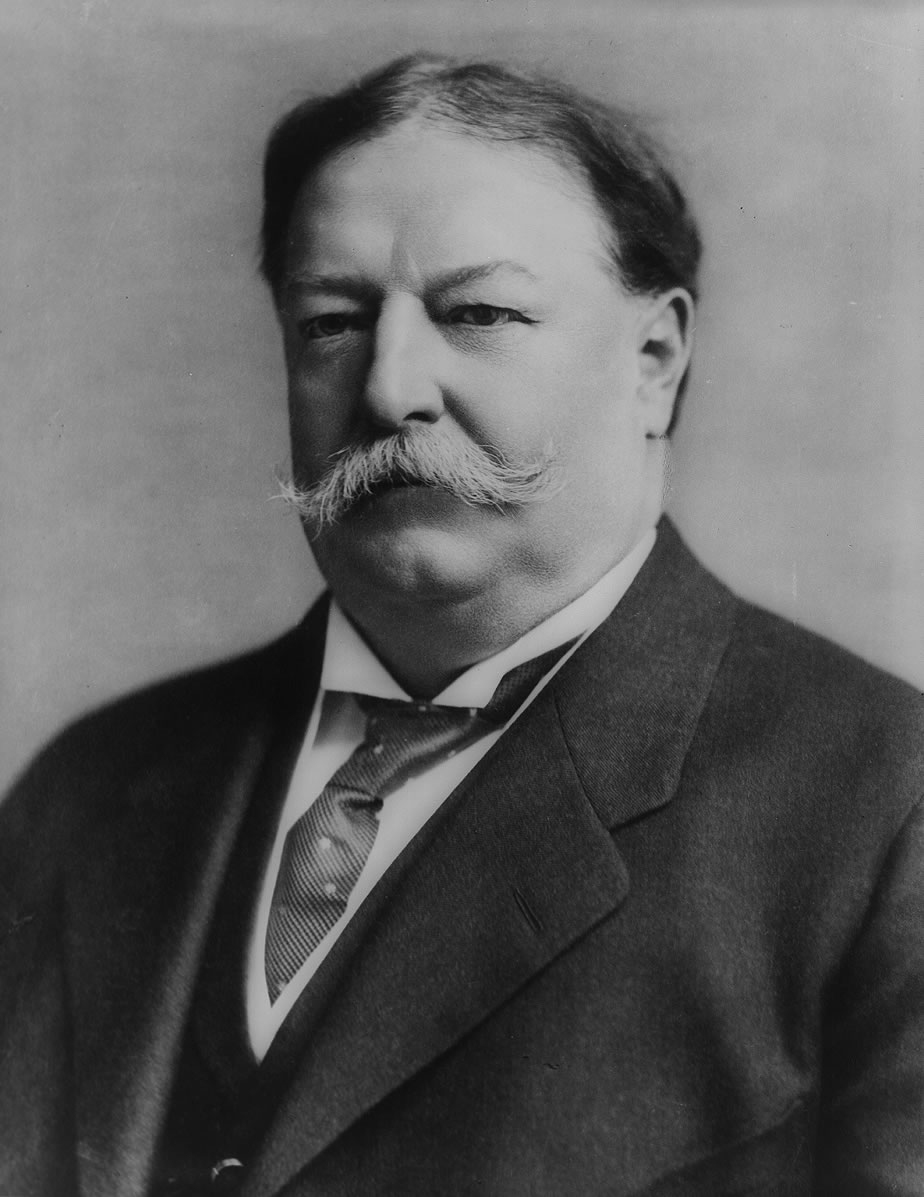American historians engage in constant discussion and evaluation of past presidencies, essentially grading them on their achievements and failures. Notably absent in these debates, however, (in my experience) is the Libertarian perspective. Although each American President of the past century has been responsible for
grievous breaches of justice deservedly condemned by fans of freedom, Super Libertarian has endeavored to review and assess each presidency of the last 100 years so that we can all distinguish the bad from the worse, and also reflect on the occasional pro-liberty policies which provide those elusive glimmers of political hope. All of this will be encapsulated in one bolded number at the bottom of the article so readers can more effectively find a shortcut to actually reading the entire article. while the rest of the text is ignored. So without further delay, allow me to introduce you to
Theodore D. Roosevelt, 26
th President of the United States, and more importantly, the unwitting inaugural subject of the Super Leaders Assessment Series.

If the dashing gentleman pictured above looks as though he has just returned from leading a famously capable
Cavalry Regiment that was duped into fighting an
extraneous and unjust war, it's because he probably has. Indeed, the older Roosevelt has difficulty overcoming his rise to national prominence in the eyes of Libertarians. He was elevated to iconic status due to his leadership role in the Spanish-American war, one of intervention (upon which Libertarians frown) motivated by nationalistic expansionist insatiability (upon which most concerned citizens with the IQ of a reasonably intelligent
pekingese frown).
Although the Spanish- American war freed Cuba from the oppression of Spanish rule, its liberation was mitigated in effect by the manipulative motives of its liberators. More critical to
our purposes, however, are the foreign policy developments of
TR's presidency. The cleverness of a poet I was unable to identify account quite accurately the nature of Teddy's "Big Stick" diplomacy,
"The Constitution rides behind
And the Big Stick rides before,
(Which is the rule of precedent
in the reign of Theodore.)"
Indeed, Roosevelt circumvented Constitution and Congress on many occasions, often leading to foreign relations disasters. The creation of the Panama Canal, an egregious resource expenditure, was attained only by the notorious "rape of Panama" which evinced his interventionist proclivities, alienating the suddenly "Big Brother" like America to Latin America and Europe alike.
Additionally, Roosevelt is responsible for the Roosevelt Corollary to the Monroe Doctrine (as you may have guessed by his surname). This policy bore no actual relation to the original and, if anything, was a perversion to it. Monroe had issued his famous doctrine to prevent interventionism in Latin America. Roosevelt's addendum actually
promoted interventionism, clearly an effect antithetical to the doctrine's purpose.
Domestically, TR fared little better. Remembered best as the prototypical "Trust Buster," Roosevelt considered it his responsibility (or individual privilege) to break up large corporations. Although the big 2-6 used far more discretion in identifying and destroying monopolies than his successor by targeting only the corrupt, his efforts effectuated many market distortions which had palpable negative effects on the economy. For instance, his imposition of rate limits on railroads sent the industry's stock into free-fall, a precipitant factor to the
Panic of 1907, which saw the New York Stock Exchange fall by almost 50% in one year.
Aside from his financial follies, the namesake of the Teddy Bear oversaw a period of the centralization of power in American government. Abusing or ignoring the constitution, Roosevelt liscentiously ceated land conservations, oppressed the food and drug industies with stringent regulation, and increased the powers of the Interstate Commerce Commission. Although each of these efforts is equally deplorable, they had previously been executed in the anonymity of state and local governments. Roosevelt usurped these powers and applied them unscrupulously on a national scale.
Super Summary: Roosevelt ushered in the age of Progressivism, in which government assumed a newly (and more broadly) defined role. He established the precedents of food and drug regulation and foreign interventionism, both of which violate the core principles of Libertariansim. His atrocities are mitigated by his comparative discretion in "Trust Busting" and that his "Big Stick" diplomacy generally succeeded in protecting the nation from harm
Super Score: 3 (and that's with extra credit)


